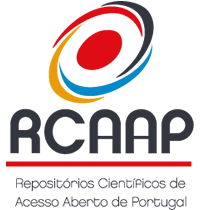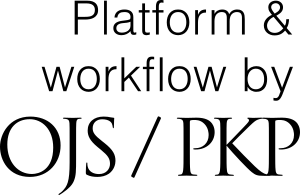Impact of cannabidiol and delta-9-tetrahydrocannabinol in the angiogenic role of extravillous trophoblasts
DOI:
https://doi.org/10.48797/sl.2023.87Keywords:
PosterAbstract
Background: Cannabis is the most consumed illicit drug in Europe. Alongside, the medicinal use of cannabinoids is rising. Indeed, a formulation that combines the major phytocannabinoids, cannabidiol (CBD) and delta-9-tetrahydrocannabinol (THC) in a 1:1 proportion (Sativex®), is already available for the management of multiple sclerosis. Nevertheless, a lot remains unknown in relation to cannabinoid’s impact in reproductive health, namely during pregnancy. Our research group already reported the negative effects of isolated CBD and THC in placental trophoblast cells, such as the induction of apoptosis and autophagy [1,2]. Objective: Considering that extravillous trophoblasts (EVT) participate in the remodeling of maternal vessels and produce factors that play a role in angiogenesis during placentation, our goal was to evaluate the effects of CBD and THC, isolated or in combination (1:1), in EVT’s angiogenic role, using the HTR-8/SVneo cell line (ATCC, USA). Methods: HTR-8/SVneo cells were treated with CBD, THC and CBD plus THC (1:1), at a concentration of 2 µM. Their effects on the gene expression of the angiogenesis-related factors VEGFA, PGF, FLT1 and sFLT1 were assessed through RT-PCR. Tube formation assay was used to functionally evaluate HTR-8/SVneo endothelial cell-like behavior. Activation of STAT3 signaling pathway, involved in angiogenesis, was assessed by Western blot. Results: The mRNA levels of PGF were upregulated in CBD and CBD plus THC-treated cells, while VEGFA and FLT1 were not affected. On the other hand, all the treatments increased the expression of the potent anti-angiogenic factor sFLT1 and decreased tube formation. Moreover, STAT3 was activated in all treated cells. Conclusions: Our results demonstrate that CBD and THC, either alone or in combination, may affect placental angiogenesis, through dysregulation of relevant players and interference on the endothelial-behavior of EVT cells. Therefore, the exposure to these cannabinoids can have a harmful impact in critical phases of placental development.
References
1. Alves, P.; Amaral, C.; Teixeira, N.; Correia-da-Silva, G. Synthetic cannabinoids JWH-018, JWH-122, UR-144 and the phytocannabinoid THC activate apoptosis in placental cells. Toxicol Lett. 2020, 319, 129-137.
2. Alves, P.; Amaral, C.; Teixeira, N.; Correia-da-Silva, G. Cannabidiol disrupts apoptosis, autophagy and in-vasion processes of placental trophoblasts. Arch Toxicol. 2021, 95, 3393-3406.
Downloads
Published
How to Cite
Issue
Section
License
Copyright (c) 2023 P. Alves, C. Amaral, N. Teixeira, G. Correia-da-Silva

This work is licensed under a Creative Commons Attribution 4.0 International License.
In Scientific Letters, articles are published under a CC-BY license (Creative Commons Attribution 4.0 International License), the most open license available. The users can share (copy and redistribute the material in any medium or format) and adapt (remix, transform, and build upon the material for any purpose, even commercially), as long as they give appropriate credit, provide a link to the license, and indicate if changes were made (read the full text of the license terms and conditions of use).
The author is the owner of the copyright.









